Can the climate change summit in Belem, Brazil, bring rich (North) and poor (South) countries together to shape policies? The world is gathering at the 30th Conference of the Parties (Cop) under the UN Framework Convention on Climate Change (UNFCCC) in Belem, Brazil, from November 10 to 21. Among other substantive agendas, the major focus in Belem would be to minimise the deep distrust between developed and developing member countries, which emerged at the Baku climate meeting (Cop29) last year.
In Brazilian President Lula’s conviction that ‘Cop30 in Belém will be the moment of truth and science’. Thus, all eyes are on Brazil’s presidency of Cop30 to deliver a mandate that will maintain trust in the Paris Agreement on Climate Change, faith in multilateralism, and belief in the Cop process itself. Is it achievable?
Some Cop meetings—the UNFCCC’s top decision-making body—remain crucial in over three decades of complex climate negotiations. Cop29 is one such in the annals of climate negotiations that will be mentioned when there is criticism against the Cop process. An example is that India’s outburst against the agreement and the process through which it was adopted aggravated the criticism against the Cop meetings.
Subsequently, the consolidated argument grows in leaps and bounds that the fractured mandate in Baku has sounded the death knell for multilateralism. When the developed countries evaded their obligations to scale up the financial commitment at Baku, labelled as the ‘climate finance Cop’, the Cop process was largely criticised as ineffective in addressing the urgency of climate emergencies. Consequently, a frantic search for an alternative to the Cop process has disillusioned the most vulnerable countries and communities that are facing the wrath of climate catastrophe.
Quick Reads
View AllMeanwhile, the 2025 Biennial Transparency Synthesis Report of the UNFCCC, released on October 31, reveals that 109 members are actively adhering to the Paris Agreement. At the same time, the report exposes a substantial gap in the finances needed in developing countries to execute climate action plans.
As many as 37 developing countries reported a total financial requirement of $3,396.23 billion for climate action up to 2030; 49 countries reported receiving only $60.84 billion in climate finance during the 2021-2022 reporting period. Under the Paris Agreement, countries are required to submit Biennial Transparency Reports (BTRs) to report their climate actions, including greenhouse gas (GHG) emissions, under the transparency and accountability clause.
Despite the appreciation from the UNFCCC Secretariat that the Paris Agreement is on track and progressing, the member countries are flouting their responsibility. Only 64 member countries, together accounting for 30 per cent of total GHG emissions, have submitted their updated NDCs (Nationally Determined Contributions) out of 195 Parties to the UNFCCC. The NDC Synthesis Report, released by UNFCCC on October 28, discloses that developed and major economies have not declared a timeline to phase out fossil fuels.
Similarly, the National Adaptation Plans (NAP) Synthesis report acknowledges, despite a lack of financial support, that 67 developing member countries are building the foundations for more climate-resilient economies and societies. From the 300 billion dollars of climate finance pledged at the end of Cop29 till 2035 to mobilise 1.3 trillion dollars at Cop 30, it will be a litmus test for the leadership of Brazil.
Brazil, under President Lula, aspires to lead the Global South by strengthening multilateralism and democratising the global governance system. Climate change is one such priority agenda of the Lula administration to revitalise multilateralism. Under the theme ‘Building a Just World and a Sustainable Planet’ during the G20 Summit in November 2024 in Rio, the administration set the momentum for Belem.
With the UN and Unesco, Brazil established the Global Initiative on Information Integrity on Climate Change to investigate, expose and dismantle disinformation on climate change. Facilitating and promoting science-informed decision-making on climate actions, enhancing public trust in climate science and warding off climate sceptics or climate deniers, epitomised in the likes of the present US President, this initiative, with 11 countries, has already rolled out its first grant to a non-profit.
Similarly, the Brics Summit (July 2025) in Rio called for strengthening cooperation in the Global South for combating climate change. Reiterating commitment to the multilateral process as in the UNFCCC, the Brics Declaration under Brazil’s chairmanship calls on developed countries to meet their financial commitment to developing countries. Against the backdrop of unprecedented unilateral US protectionism, in an extraordinary Brics virtual summit in September, Brazil passionately urged member countries to join and lead the proposal of a new development paradigm—the United Nations Climate Change Council—to strengthen global climate governance. Will this new form get traction in Belem?
Developed countries are adamant about their contribution and directions. The EU and nine member countries of the G20 group, which accounted for 50 per cent of GHG emissions, have not submitted their updated NDCs. The present US administration is hell-bent against the Brics group as well as a staunch critic of the Lula administration. The disruption and influence in Belem’s outcome, in terms of non-committal, creating division among groups, and employing pressure tactics through trade measures, is highly anticipated from the US despite its presence, which has withdrawn twice from the Paris Agreement.
Many are flocking together in Belem, not just to attend the proceedings of the official and unofficial meetings, gatherings, or protests, but to revisit and remember the achievements of the historic 1992 Earth Summit held in Rio de Janeiro. Most of the representatives of civil societies are looking forward to the outcome of Belem in comparison to the greatest achievements of means and principles of global environmental governance, including the Cop process in the Earth Summit and climate justice.
Noting the fact that the UNFCCC emerged at the Earth Summit with agreement on biodiversity and a blueprint for the 21st century. Building on the legacies and presidencies of the Earth Summit and the Rio+20 Conference (2012), Brazil urges member countries to revive the spirit of ‘collective aggregation’. Brazil itself is making no stone unturned to make the Cop30 as remarkable as the Cop21 Paris Climate Summit and as historic as the Earth Summit. Brazil needs to bring together North and South in solidarity and forge a new cooperation to face the common enemy—climate change.
The uphill task is surmountable.
( Avilash Roul, International Advisor on Transboundary Water and Climate Change Risk, is a Senior Fellow at the Society for the Study of Peace and Conflict (SSPC), a Delhi-based think tank. Views expressed in the above piece are personal and solely those of the author. They do not necessarily reflect Firstpost’s views.)


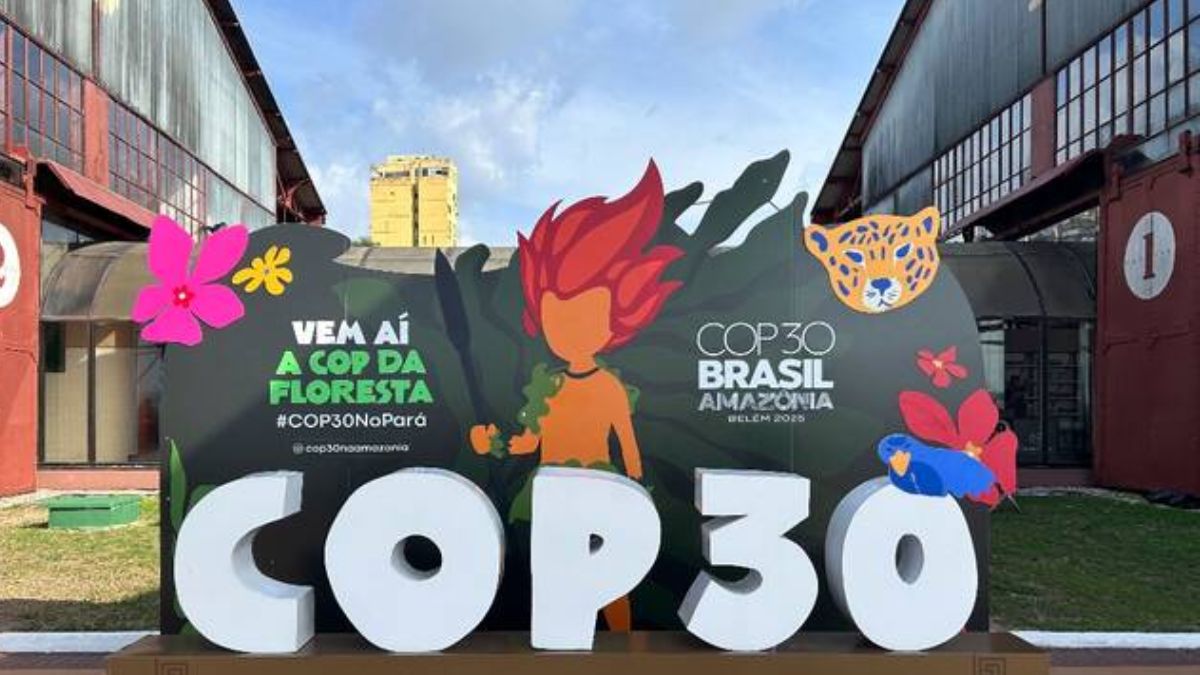)

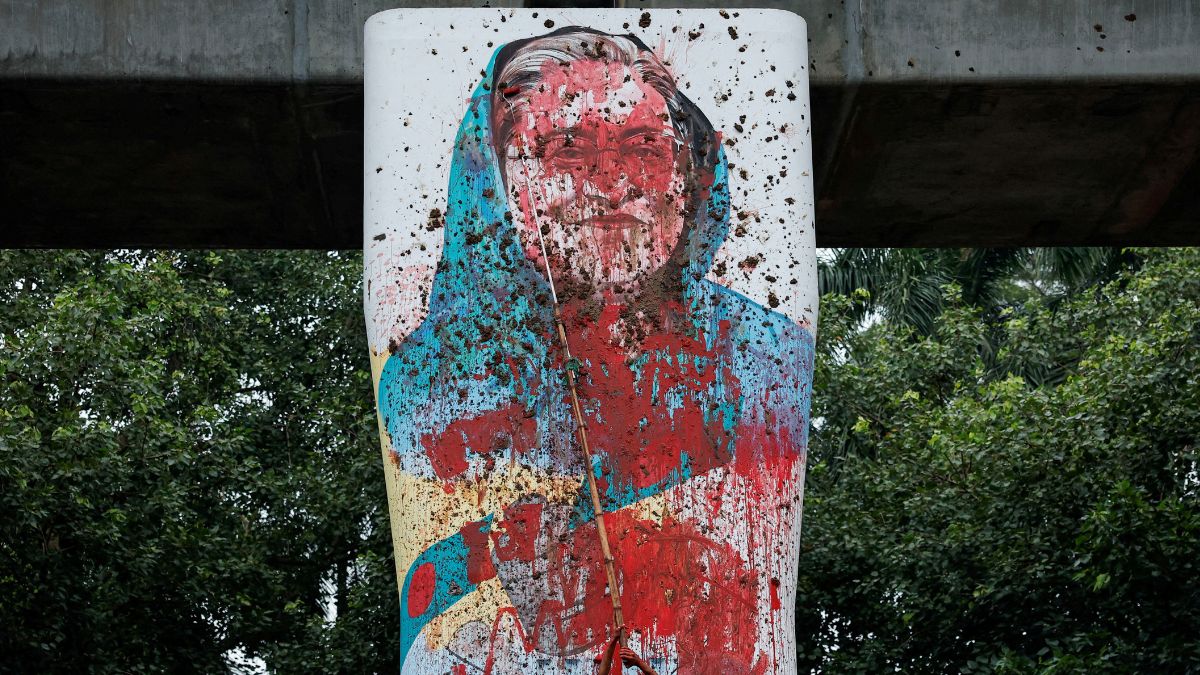)
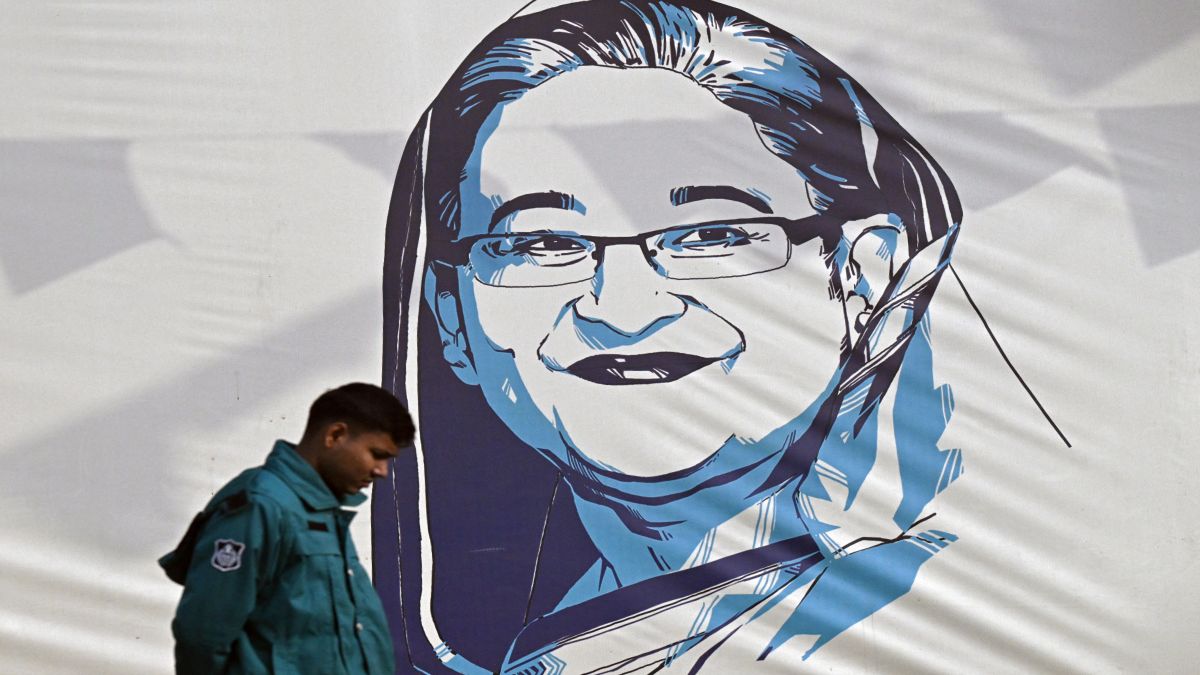)
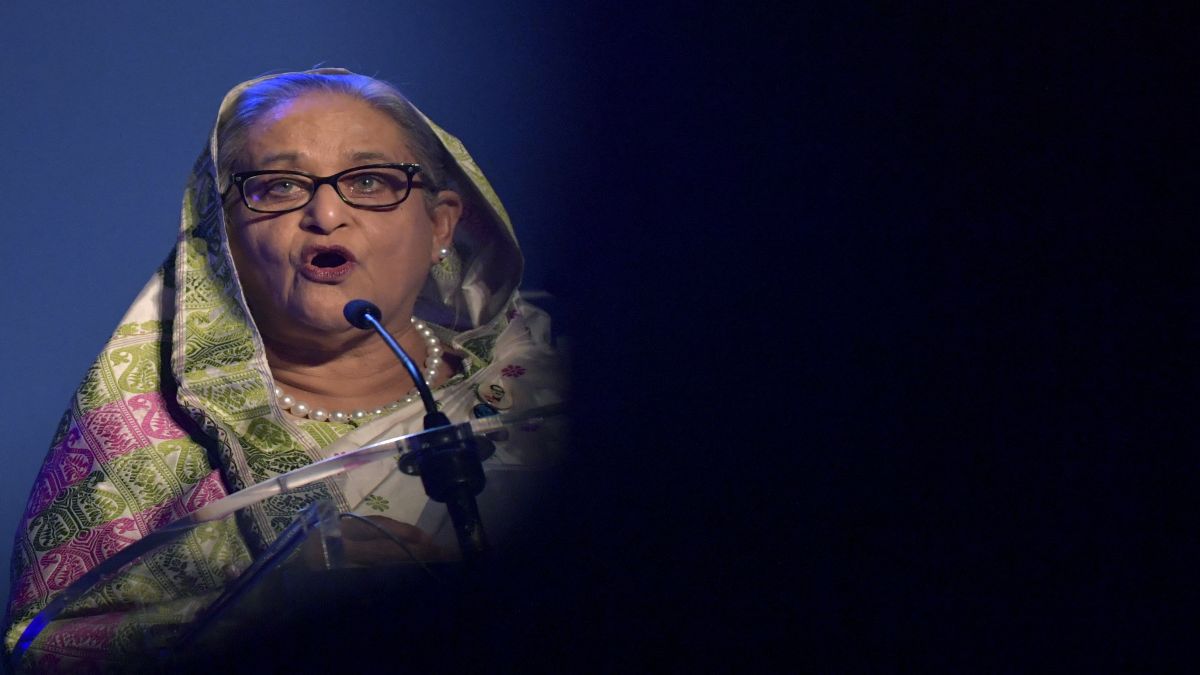)
)
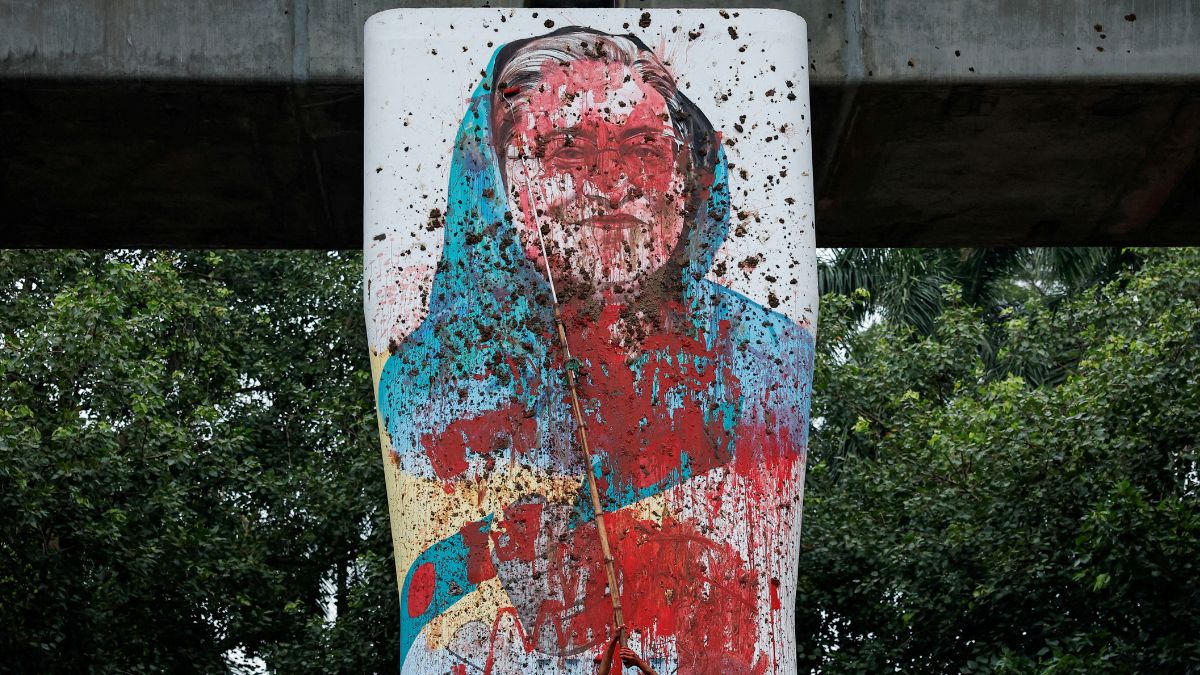)
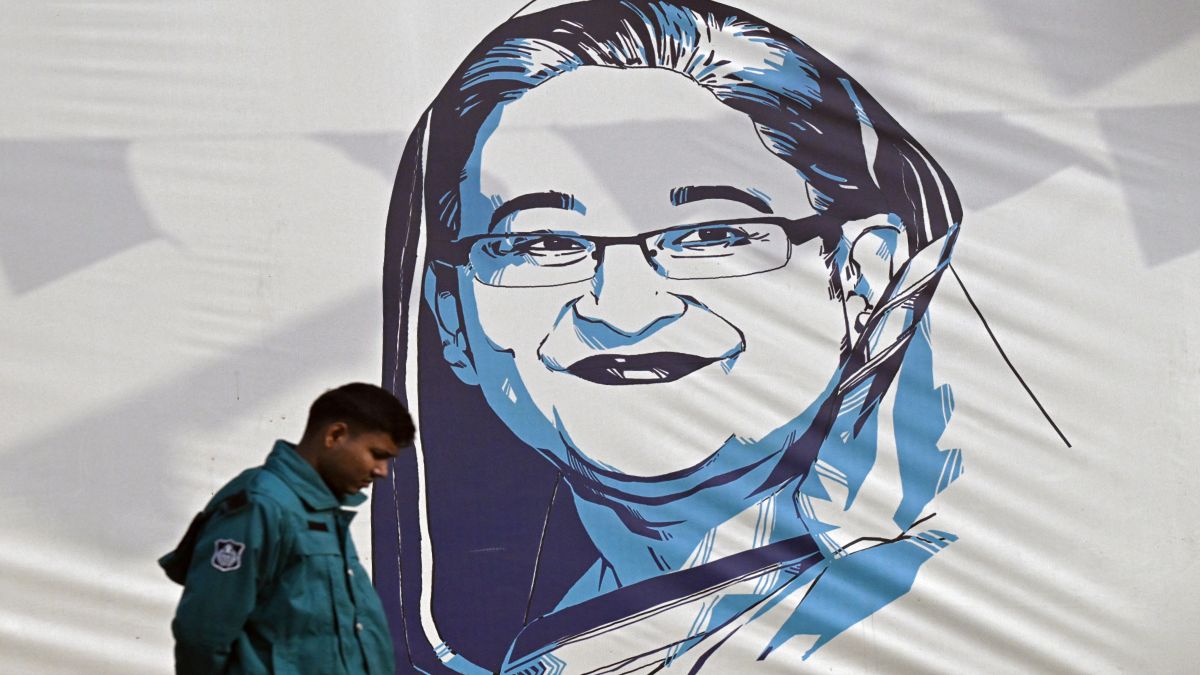)
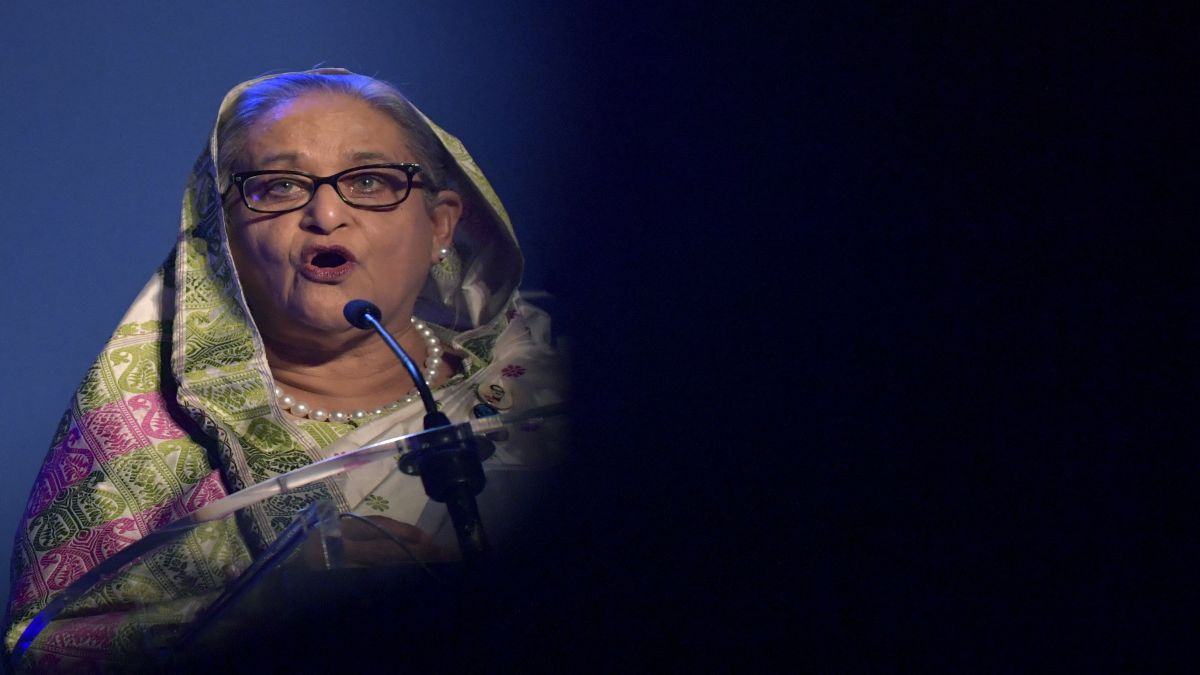)
)



